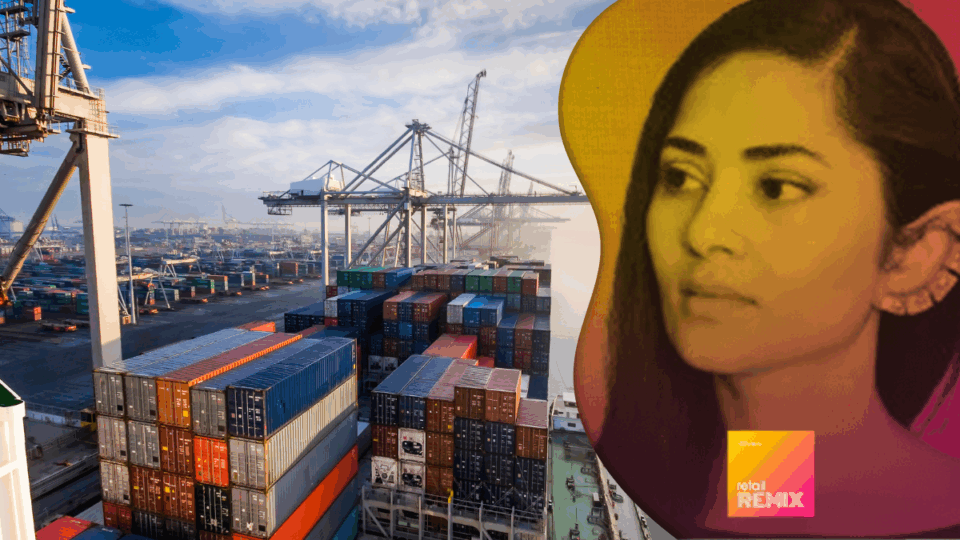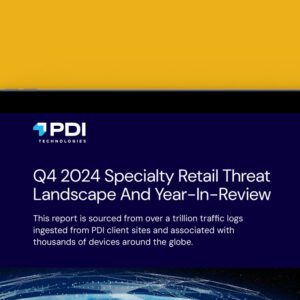With tariffs dominating headlines and reshaping global retail strategy, brands are navigating one of the most complex trade landscapes in recent memory. But given the highly fluid nature of these tariffs, questions outnumber answers at the moment: Should we pull back on international expansion until things settle down? Is there anything companies can do now while the situation remains uncertain? What are the short- and long-term implications of making major changes to supply chain and marketing strategy right now?
“It’s not that trade and tariffs don’t change; they change all the time, it’s a very fluid landscape,” said Rathna Sharad, CEO and Founder of cross-border shipping logistics platform FlavorCloud in this week’s episode of the Retail Remix podcast. “In fact, [until recently] the U.S. has remained almost entirely insulated from this change, but it has happened before in other countries. For example, with Brexit we saw a lot of changes in the UK, and the EU implemented [a number of] changes three to four years ago, and they’ve still been rolling out various changes. So this is not new.
“As global commerce has evolved and cross-border commerce has grown, every country wants a piece of the tax revenue,” Sharad added. “They’re all thinking about, How do you protect borders? How do you understand what’s really coming into the country? How does that affect domestic brands? These are all questions that every government is asking, and they also want a piece of the tax revenue, so this is very much the kind of activity that you would expect. What is different about the way [President Trump’s tariffs were] done is the magnitude of change and how quickly it was implemented. There was no real understanding of the implications and advance notice you would normally see in these types of scenarios.”
Advertisement
Sharad has 30 years of experience in global supply chain, international trade logistics and ecommerce at companies including Microsoft and UPS. Now she finds herself in the center of the current trade turmoil at her company FlavorCloud, which helps brands manage cross-border commerce across the world’s 220 markets.
In this episode, Sharad offers her expert guidance on navigating tariffs, streamlining international operations and building supply chain resilience, including:
- Why now is the time to double down on international expansion, not pull back;
- The biggest friction points brands face when scaling internationally — and how to solve them;
- Key markets and categories showing rapid growth in global ecommerce; and
- Lesser-known implications of the de minimis rule change and what it means for U.S. merchants.
Tune in now for actionable insights on how to adapt to the shifting sands of global trade — even while so much remains up in the air.















